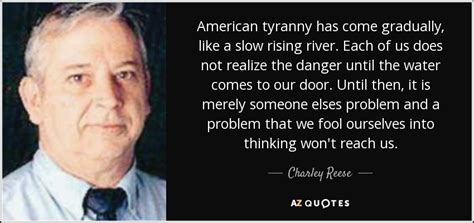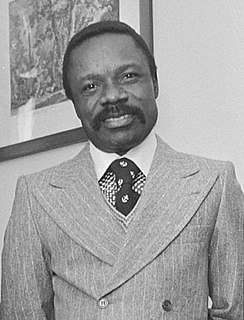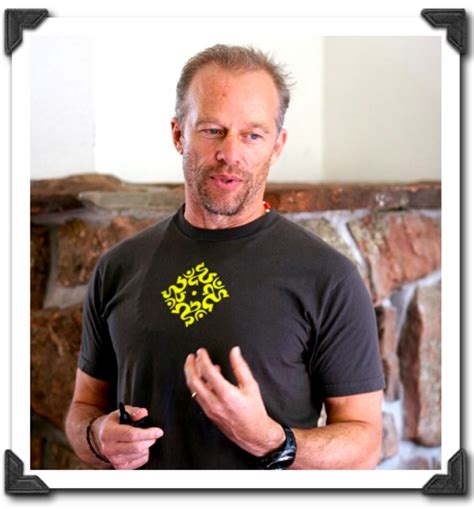A Quote by Friedrich Nietzsche
Let us beware of saying there are laws in nature. There are only necessities: there is no one to command, no one to obey, no one to transgress. When you realize there are no goals or objectives, then you realize, too, that there is no chance: for only in a world of objectives does the word chance have any meaning.
Related Quotes
Let us not confuse objectives with methods. Too many so-called leaders of the nation fail to see the forest because of the trees. Too many of them fail to recognize the vital necessity of planning for definite objectives. True leadership calls for the setting forth of the objectives and the rallying of public opinion in support of these objectives.
Let us guard against saying that there are laws in nature. There are merely necessities: there is no one who commands, no one whoobeys, no one who transgresses. Once you understand that there are no purposes, then you also understand that nothing is accidental: for it is only in a world of purposes that the word "accident" makes sense.
In a universe governed by God there are no chance events. Indeed, there is no such thing as chance. Chance does not exist. It is merely a word we use to describe mathematical possibilities. But chance itself has no power because it has no being. Chance is not an entity that can influence reality. Chance is not a thing. It is nothing.
Our obedience is God's pleasure when it proves that God is our treasure. This is good news, because it means very simply that the command to obey is the command to be happy in God. The commandments of God are only as hard to obey as the promises of God are hard to believe. The Word of God is only as hard to obey as the beauty of God is hard to cherish.
Constrained optimization is the art of compromise between conflicting objectives. This is what design is all about. To find fault with biological design - as Stephen Jay Gould regularly does - because it misses some idealized optimum is therefore gratuitous. Not knowing the objectives of the designer, Gould is in no position to say whether the designer has proposed a faulty compromise among those objectives.
Not only does the universe have its own laws, all of them indifferent to the contradictory dreams and desires of humanity, and in the formulation of which we contribute not one iota, apart, that is, from the words by which we clumsily name them, but everything seems to indicate that it uses these laws for aims and objectives that transcend and always will transcend our understanding.
What does "living your best life" mean to you? Does it mean accumulating wealth and fulfilling all your material wants? Or, does it mean turning away from the material world in order to fully realize the gift of spirit? We often tend to think of these objectives as being mutually exclusive: material fulfillment or spiritual fulfillment, not both together.








































